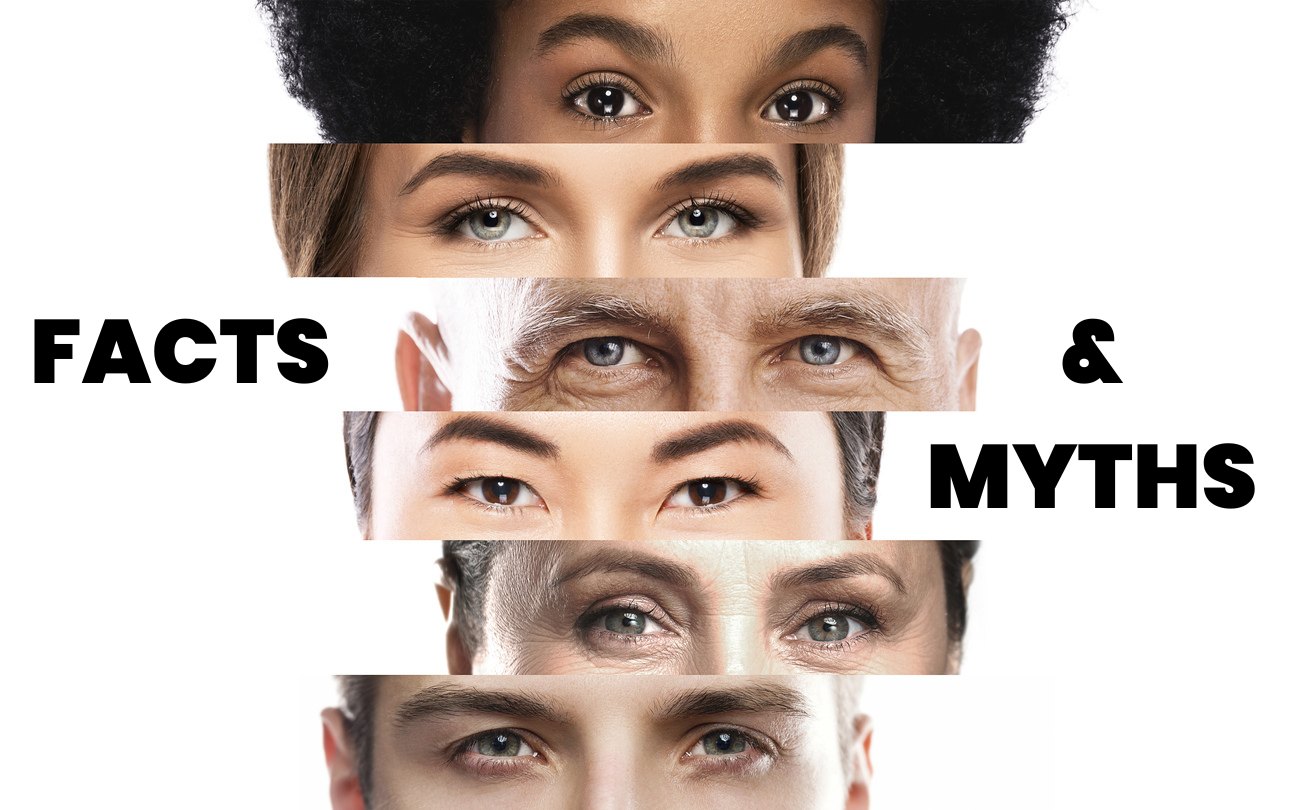Seasonal allergies can be a real nuisance, especially when they affect your eyes. The itching,…

5 Myths About Your Eyesight
It is no secret that eyesight is important for your everyday lifestyle. However, there are many myths about eyesight out there that can be confusing or even damaging to our overall health. Here’s a look at five common myths about our eyesight and the real facts behind them so you can stay informed and make sure your vision is in tip-top shape.
Myth 1: Eating Carrots Improves Vision
This myth has been around for decades, but it’s not entirely true. While carrots are great sources of vitamin A, which is essential for good eye health and night vision, they cannot improve your sight if you already have 20/20 vision. However, eating plenty of carrots (and other foods rich in vitamin A) can help prevent eye diseases, like macular degeneration and cataracts.
Myth 2: Staring at a Screen Damages Your Eyes
It’s true that staring at screens all day isn’t necessarily the best thing for your eyes—but it doesn’t actually damage them either. The issue with prolonged screen time is more related to fatigue and the strain put on your eyes than physical damage caused by looking too long at a computer or phone display. To avoid eye strain while using technology, follow the 20-20-20 rule: every twenty minutes, look away from the screen and focus on something 20 feet away for 20 seconds before returning to work or play.

Myth 3: Wearing Glasses Will Make Your Vision Worse
This one’s definitely false! While glasses may not always correct your vision completely (especially if you have astigmatism), wearing them will never make it worse. In fact, glasses are designed to correct problems in your sight so you can see more clearly and comfortably! If anything, glasses will help you see better; they just won’t be able to cure any underlying problems with your vision itself.
Myth 4: Eye Exams Aren’t Necessary Unless You Have Problems With Your Vision
False again! Even if you think your vision is fine, regular eye exams are important—they can detect warning signs of certain eye diseases like glaucoma early enough, so treatment can be sought before permanent damage occurs. Experts recommend that adults over 40 get an eye exam every year; those under 40 should get one every two years unless they experience any issues with their vision during this time period.
Myth 5: Reading in Dim Light Is Bad For Your Eyes
This one is actually true—reading in dim light does put extra strain on your eyes since they must work harder to make out what’s on the page; however, reading in bright light isn’t necessarily better either because it can cause glare and reflection from the page itself which also strains the eyes. The best solution? Find a balance between too much light and too little by keeping lighting levels consistent throughout whatever activity you are doing (whether it be reading or working).
All of us want our eyesight to remain strong throughout our lives, but there are countless myths out there surrounding what we should do (or not do!) when it comes to taking care of our peepers. The truth is that everyone’s situation is unique; however, by sorting through these myths and understanding exactly what behaviors benefit our eyesight most we can start making informed decisions about how best to maintain healthy vision now and into the future!



